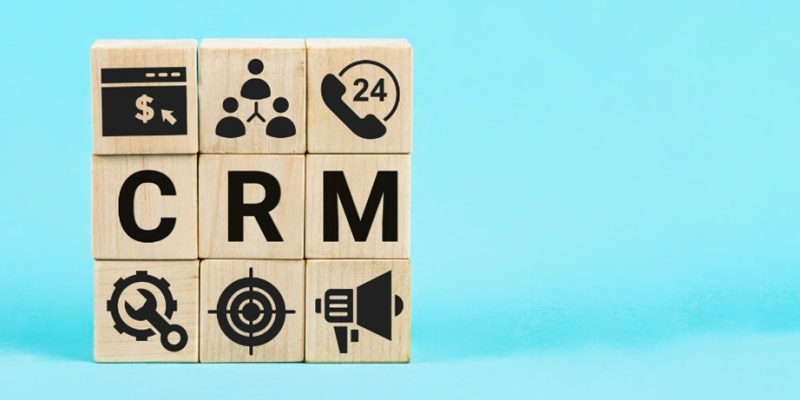In recent years, healthcare industries have been making significant strides toward improving patient engagement. With the rise of technology and digital platforms, patients are now more empowered to take control of their own health and well-being. As a result, healthcare organizations are turning to Customer Relationship Management (CRM) systems to help them better understand and engage with their patients. In this guide, we will discuss the role of healthcare CRM in improving patient engagement.
What is Healthcare CRM?
Healthcare CRM is a technology that allows healthcare organizations to manage relationships with their patients. It involves collecting and analyzing patient data, such as medical history, preferences, and interactions with the healthcare system. This data is then used to personalize communication and services for each individual patient.
What is the Role of CRM in Improving Patient Engagement?
Patient engagement refers to the active involvement and participation of patients in their own healthcare journey. It is crucial for better health outcomes and patient satisfaction. Here are some ways healthcare CRM is improving patient engagement:
1. Personalized Communication
One of the main benefits of using healthcare CRM is the ability to personalize communication with patients. With access to patient data, healthcare providers can tailor their messages and outreach to each individual’s needs and preferences. This can help patients feel more valued and engaged in their healthcare journey.
2. Proactive Outreach
CRM systems also allow for proactive outreach to patients. Healthcare organizations can use patient data to identify at-risk individuals or those who may require additional support. By reaching out to these patients before any issues arise, healthcare providers can prevent health problems and improve overall patient care.
3. Patient Education and Empowerment
Healthcare CRM can also be used as a tool for patient education and empowerment. Through personalized communication, patients can receive targeted information about their health conditions or preventive measures related to their medical history. This can help patients become more knowledgeable and proactive about their health, leading to better outcomes.
4. Improved Patient Satisfaction
When patients feel more engaged and involved in their healthcare, it ultimately leads to higher levels of satisfaction. And by further knowing the benefits of CRM in the healthcare industry, healthcare organizations can use this technology to better understand and meet their patient’s needs. This can result in more positive patient experiences and increased loyalty to the organization.
Conclusion
We hope this guide has shed light on the crucial role of healthcare CRM in improving patient engagement. With personalized communication, proactive outreach, and patient education, CRM systems can help healthcare organizations build stronger relationships with their patients and ultimately improve health outcomes. As technology continues to advance, we can expect to see further integration of healthcare CRM into the industry, leading to even better patient engagement and overall satisfaction. So, it’s safe to say that the healthcare CRM is here to stay and will continue playing a vital role in the future of patient engagement.








Comments